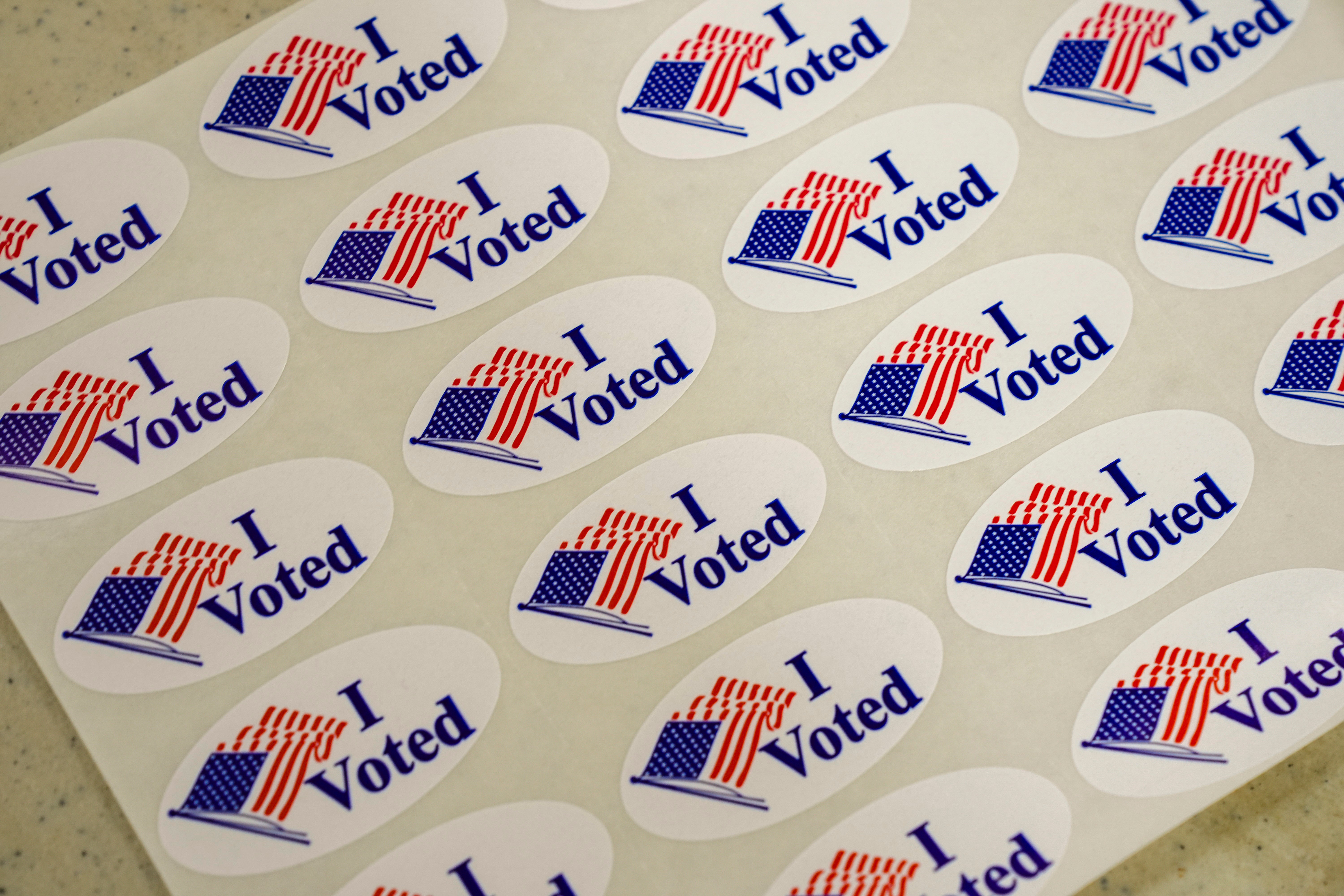Nebraska supreme court lets people with past felonies vote again after attempt to block them
Decision could impact thousands of voters in state, as well as fate of state’s competive U.S. Senate and House races

Your support helps us to tell the story
From reproductive rights to climate change to Big Tech, The Independent is on the ground when the story is developing. Whether it's investigating the financials of Elon Musk's pro-Trump PAC or producing our latest documentary, 'The A Word', which shines a light on the American women fighting for reproductive rights, we know how important it is to parse out the facts from the messaging.
At such a critical moment in US history, we need reporters on the ground. Your donation allows us to keep sending journalists to speak to both sides of the story.
The Independent is trusted by Americans across the entire political spectrum. And unlike many other quality news outlets, we choose not to lock Americans out of our reporting and analysis with paywalls. We believe quality journalism should be available to everyone, paid for by those who can afford it.
Your support makes all the difference.The Nebraska Supreme Court on Wednesday ruled that people with past felony convictions can immediately register to vote after they’re finished serving their sentences, a decision that comes as early voting is already underway in the 2024 presidential election.
“It is a weight off my shoulders, and not just because of what it means for me," Jeremy Jonak, one of the plaintiffs in the case, said in a statement to Nebraska Public Media. "Over the years, so many of us have earned a second chance. We live in every part of the state, and the truth is most of us are just trying to live our lives and leave the past behind us. Thanks to this decision, we get to have a say as part of our communities."
The dispute before the court centered around LB20, a law passed in April that eliminated the state’s two-year waiting period for people with past felony convictions to register to vote.
Governor Jim Pillen allowed the bill to become law but didn’t sign it and raised questions about its constitutionality.
Nebraska Attorney General Mike Hilgers argued that only the state’s pardon and parole board could restore someone’s voting status, meaning LB20 and a 2005 law abolishing the state’s previous lifetime voting ban for people with past felony convictions would be improper.
This prompted Nebraska Secretary of State Bob Evnen to instruct county officials to stop registering people with past felony convictions to vote for this election.

During oral argument, the state argued the laws “contrasted against 130 years of unbroken practice in this state of re-enfranchisement through executive clemency.”
Civil rights advocates celebrated the high court decision striking down this argument.
“Given the sheer scale of disenfranchisement that this decision corrects, there is no question that it will be remembered as one of our state’s most consequential voting rights decisions,” Jane Seu of American Civil Liberties Union of Nebraska, who argued the case in court, toldThe New York Times. “For Nebraskans who have been caught up in this mess for the last few months, the key takeaway is this: if you are done with all terms of your sentence, you are eligible to vote, and there is now a court decision backing that up.”
“We appreciate the Supreme Court’s consideration of this important issue and are grateful that the Court provided clarity before the election,” Attorney General Hilgers’s office said in a statement.
The decision could impact as many as 7,000 people in the state and comes as Nebraskans near the October 18 deadline to register online or by mail to vote.
Nebraska, which has a long history of voting Republican in statewide races, awards two of its votes in the Electoral College to the winner of the state popular vote, and one vote each to the popular vote winner in each of its three congressional districts.
This year, the state is home to competitive a competitive race for the U.S. Senate, and a House race in the swing district surrounding Omaha.
Join our commenting forum
Join thought-provoking conversations, follow other Independent readers and see their replies
Comments